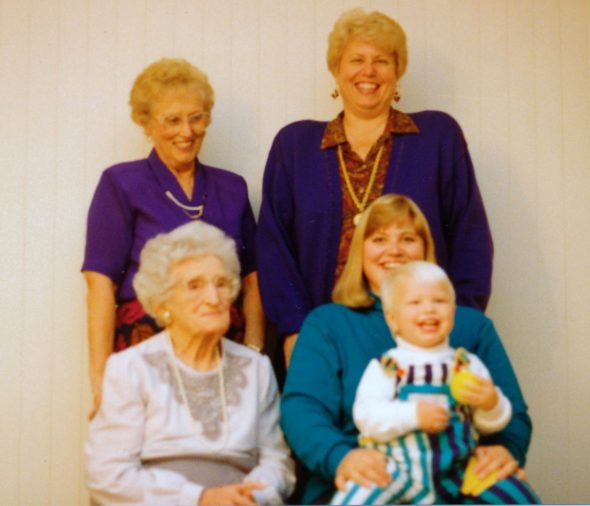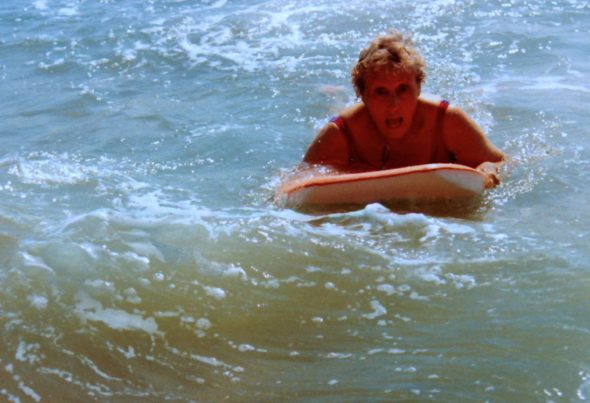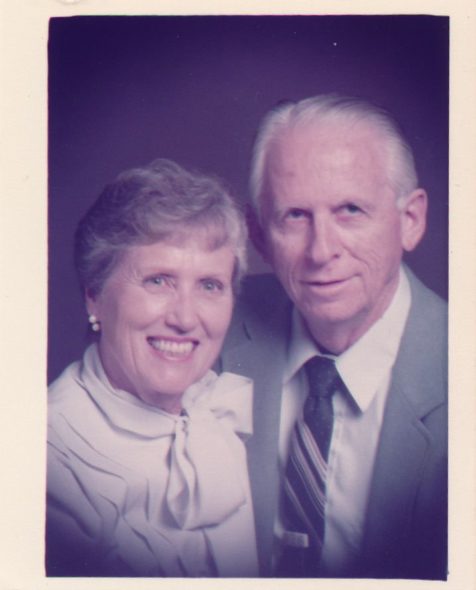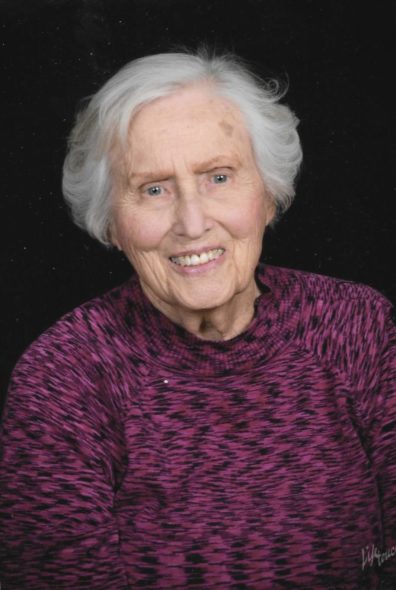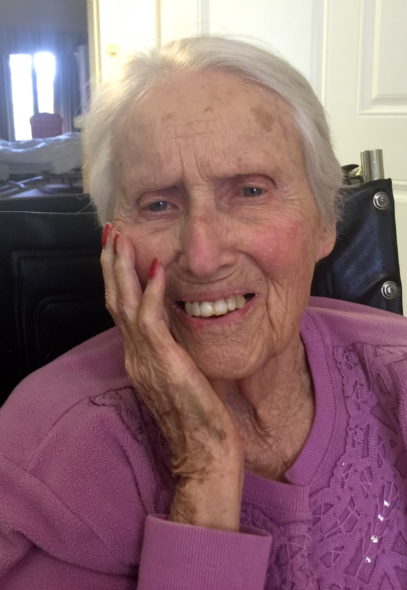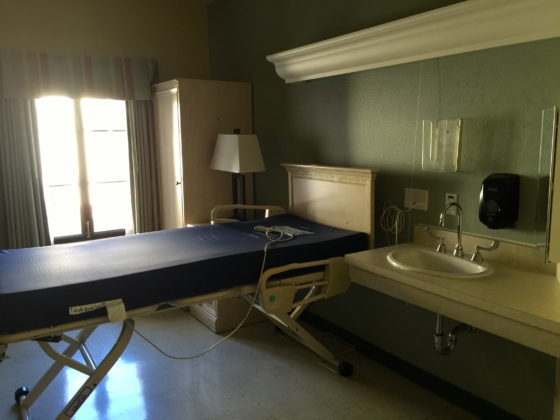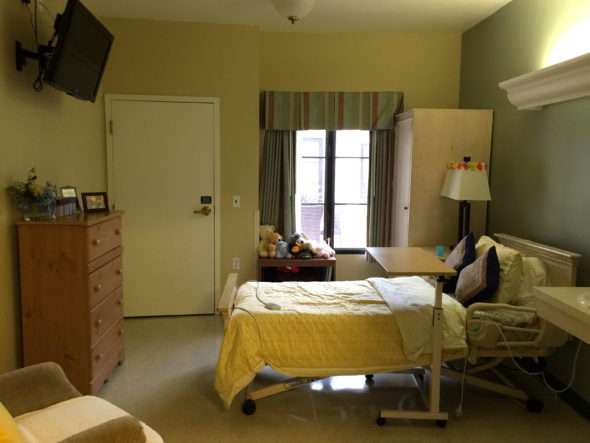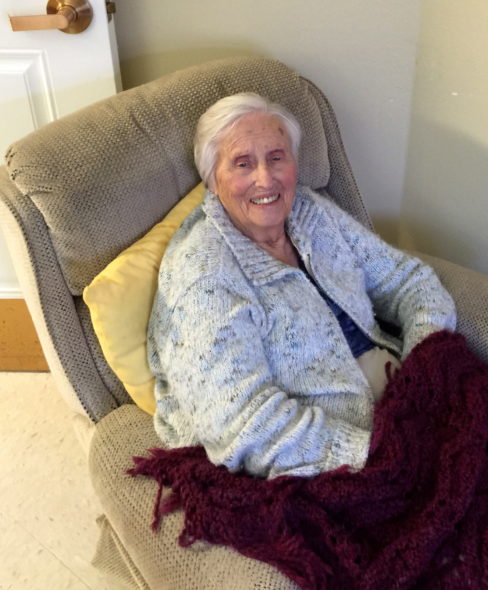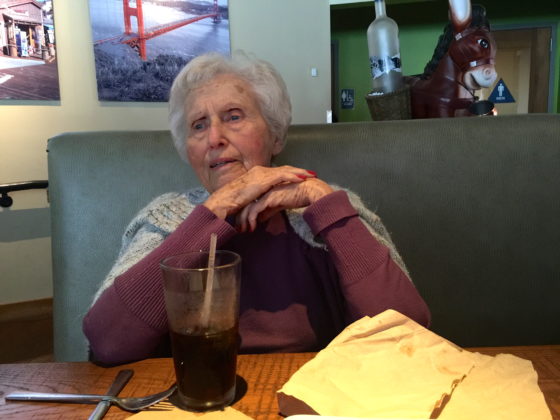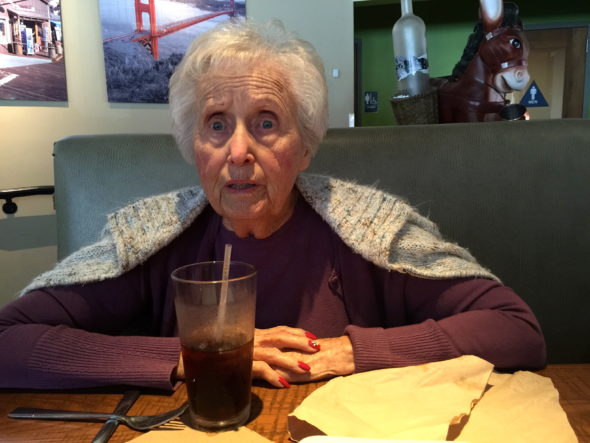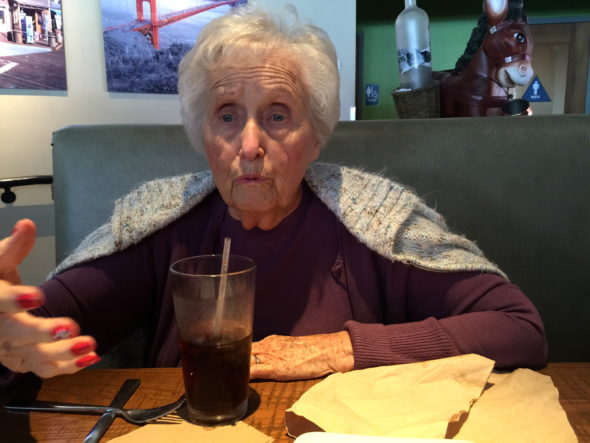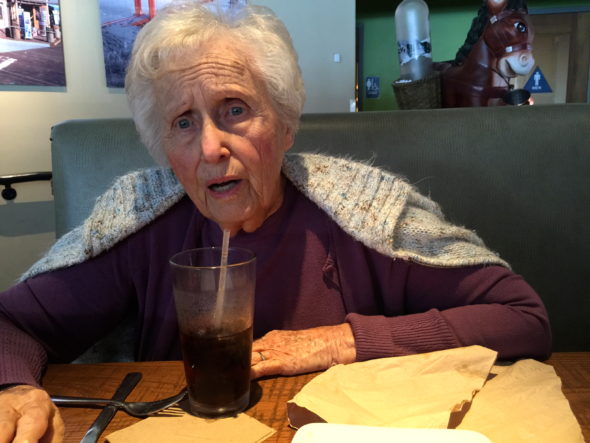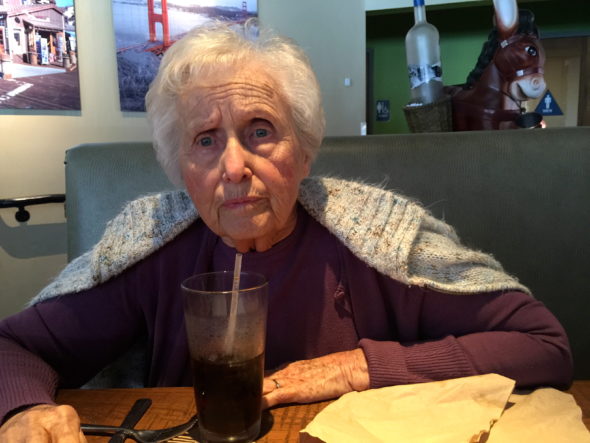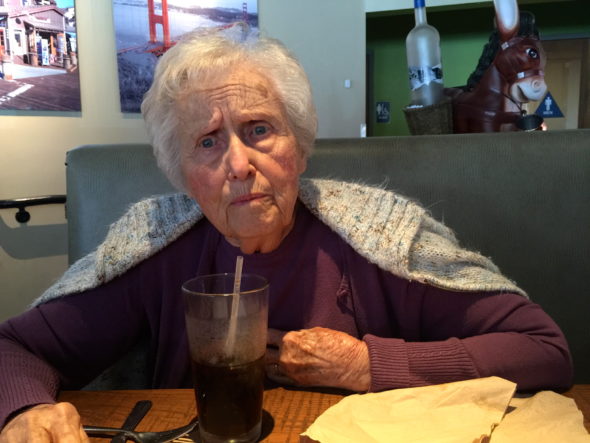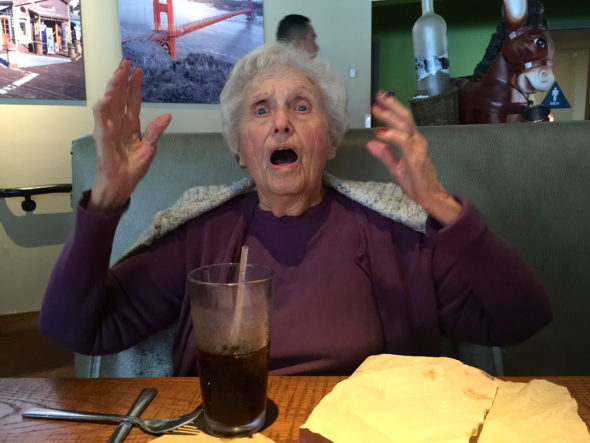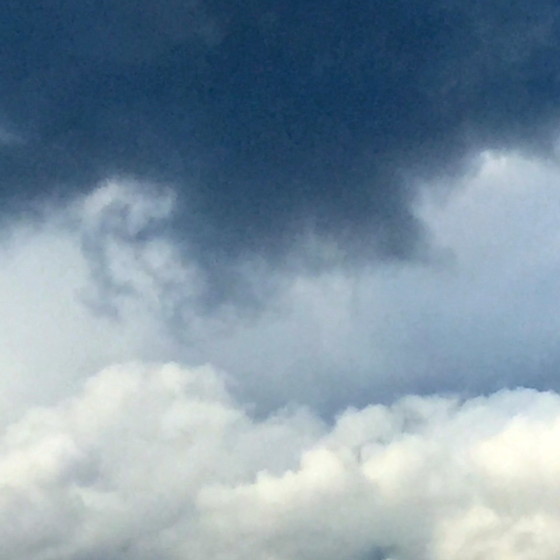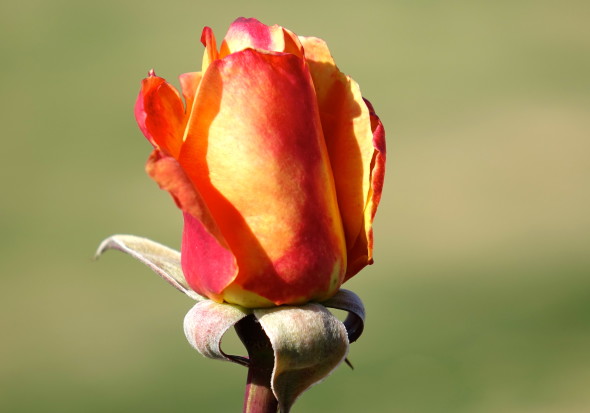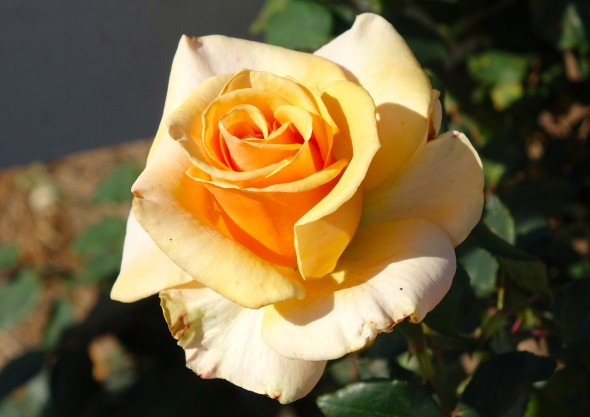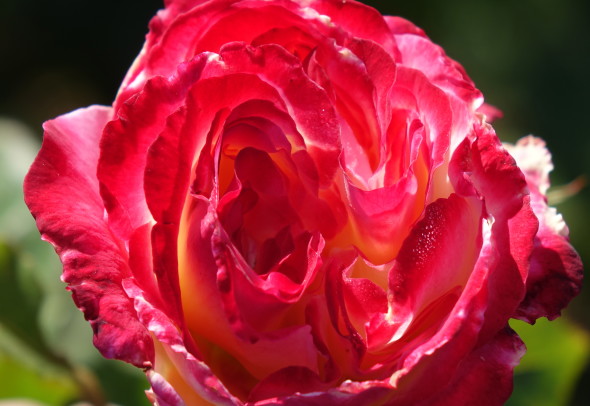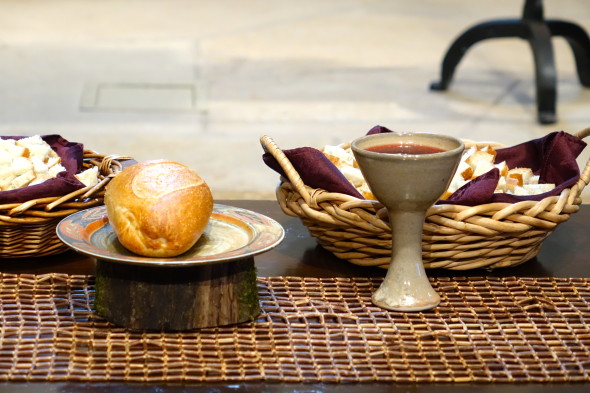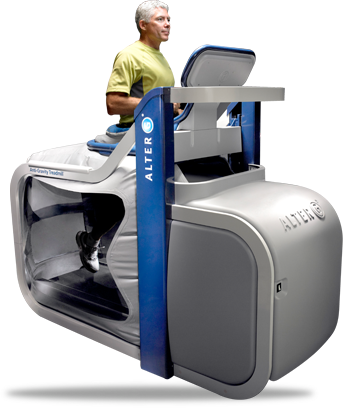Our writing theme for this January is, “A Little Light, Please.” Looking for it in he midst of a horrific tragedy in our central coast community. Follow the link at the bottom to get to the rest of this reflection:
We taught Confirmation again this morning, my husband, Anna, our student ministries director, and I. We have done this every Sunday since September of last year and it is a task we love. On the attendance roster this year are 17 middle school students, full of energy, kind-hearted, generous, funny and smart.
Today, however was different. There were only eight students around the table at 8:45 this morning, much quieter than usual. I brought homemade granola, fresh berries, coffee cake and OJ, which they gratefully inhaled, and today, we sat together and talked. No lesson this week — at least, no lesson from the binder that contains our two-year course of study. The topic for today was, “Resurrection, Jesus Lives!” and we did reference that powerful part of our shared story during our time together. But a lesson plan, with discussion questions, art projects, readers’ theater or any of the other rich resources that are available to us each week? No, there was none of that.
Instead, we shared stories. We began with stories of devastation, loss, terror and sorrow. In the early morning hours of the previous Tuesday, our community was hit by a deadly combination of events. A rainstorm of record-breaking intensity fell on mountainous landscape that had just been scraped and seared by the largest wildfire in the history of our state.
And the mountain came down.
Boulders larger than small houses, century-old trees, automobiles, even entire homes, were swept downstream toward the ocean, taking twenty human lives away forever and injuring scores of others. Four of those killed were children. One of those rescued from a six-hour burial in thick, viscous mud, was a member of our youth group — the same age as the students around that table. Her father died, her brother is still missing, her mom is in the hospital with multiple injuries, expected to recover.
All of this happened in the dead of night, in a pouring rainstorm, on narrow, windy roads with limited access in the best of times. Swiftly moving debris caused a gas main to explode, destroying one home, scorching parts of several others. That blazing torch provided an eerie light in the midst of all the destruction.
In every other way, it was very, very dark. . .


